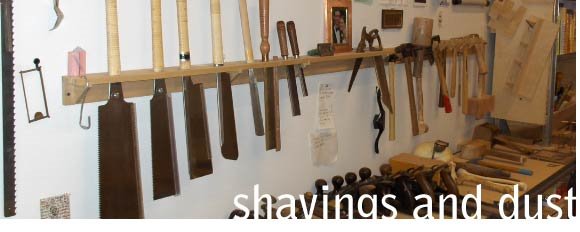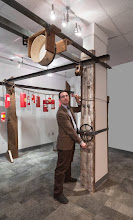i just watched a TED talk by a gentleman named Nic Marks. He is a statistician, and he spoke about the "World Happiness Index," which is not what I wanted to write about here, but I highly suggest that you go watch the talk. It is so refreshing to hear someone be hopeful about the future. His group came up with 5 steps to a happier, and therefor healthier, planet, one of which was "Learn." He was talking about lifelong learning, of course, and about how people that continue to learn after they leave formal schooling tend to say that they are happier than people that don't. In talking about learning, he threw out a word, almost as an aside, that has bubbled up in my life a lot lately: curious.
He suggested that we stay curious. This is actually a pretty revolutionary (not to say incendiary) statement, when you think about it.
Most of the teachers that I have had have not encouraged this at all. The really good ones, the ones that I still remember, the ones whose work still inspires me, are the ones that encouraged me to be curious. Unfortunately, they are few. The bulk of the teachers that I had as a child (and in college, actually), though well-intentioned I am sure, were only interested in information transfer. They did not inspire me to learn on my own, or indeed to learn anything at all.
I am not the first person to say this at all. The general hue and cry against public education that is the subject of so much of my reading these days is full of people who are saying the same thing. At the end of the day, though, it is not about information at all; it is about curiosity.
I am lucky to have two parents who are naturally curious, and who encouraged me to be growing up. We used to talk about how things were made, and about why plants are the way they are. Walking through the woods, my mother would name the trees and flowers for me. My father made furniture and toys for me, and encouraged me to be a part of the process, instilling early in my life the idea that everything comes from somewhere, everything starts as raw material that is manipulated in some way to become a finished product. I always used to love on Mr. Rogers' when he would go to a factory that made crayons and we would see how that happened.
The result is that I have continued to be interested in all of that. I continue to want to know what things have been, and what they could be. I continue to ask how we can make change for the better, how our decision making processes can be healthier, how our making can be more responsible. I blithely assume that everyone else feels the same. This is often an erroneous assumption.
As I talk to my students, I am often caught off guard by how little they have an interest in questioning. They have been specifically trained not to be curious, to accept decisions made by external sources about what their opinions should be, what their aesthetics should be, what their desires should be. It is really arresting.
Our seniors are in the process of doing what we call their "thesis." This is a semester and a half long project that begins with self-guided research, which they are in the middle of now. The "self-guided" part of that is a real sticking point for them, and my colleague and I are trying to gently empower them to make their own decisions and to draw their own charts. It is harder than I thought it would be. Of course, this is really just a process to inspire curiosity, and the hope is that it is a curiosity that continues.
We are really getting somewhere with some of them, which is heartening. Some of them are really laying into this process of critical questioning and are directing their own research. The steps in many cases are tentative, and require a lot of encouragement, but they are happening. I have had several conversations in which I had to calmly reassure students that it is okay to deviate from the original thrust of their research when they find an interesting fact that inspires them, or when they realise that the question they are asking is actually parallel to the question they thought they were asking.
So one by one we are beginning the training that will lead (we hope) to an interest in life long learning. My question is this: How can we reach more people faster? How can we inspire more people to ask questions about their daily lives? And I am talking about hard questions, ones like "where did the plastic in this water bottle come from? What are the working conditions of the person who made it?" Or maybe "what is the effect that my buying this ninety-nine cent water bottle at Wal-mart? Does it have a better or worse effect than if I drink water out of the tap?" These are hard questions for many people, and as such they are often glossed over or ignored. Most people, I think, would not say that they want to oppress workers in foreign countries or engage in acts that specifically make our planet less habitable, but so many people are so used to not asking questions, to not being curious, to not making connections, that they do not even know that there might be another way to approach life.
Lest this get too preachy, I should hasten to point out that sometimes I do not ask these questions either. I sure as hell am not perfect. But I am often curious. And I wish more people were. And I would like to try to find a way to encourage more people to be.
Subscribe to:
Posts (Atom)

